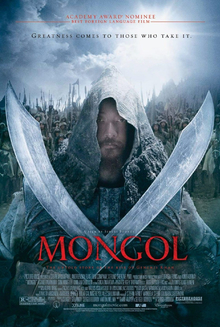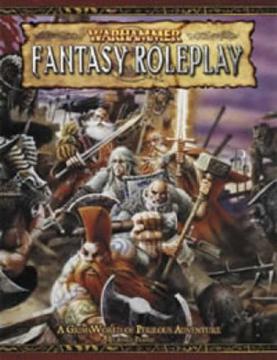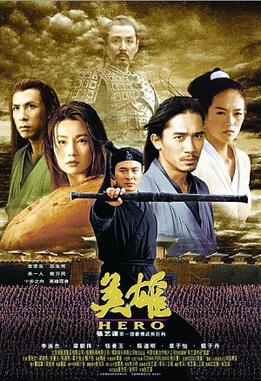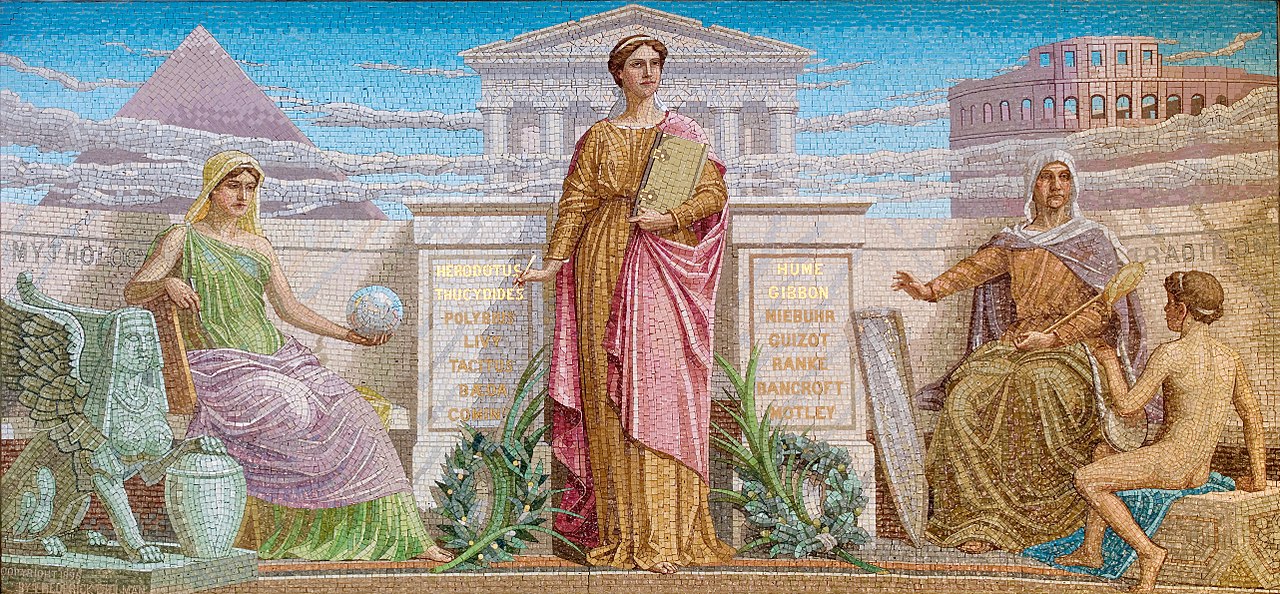Last year, I took a look at Call of Cthulhu, the grandfather of Horror RPGs, and, last month, I took a look at Investigations in RPGs.
So, in honor of Messr Howard's birthday today (8/20), I wanted to take a look at a different take on Lovecraftian Horror in RPGs: Trail of Cthulhu.
Named after the series of interconnected short stories by August Derleth (who did much to keep Lovecraft's literary legacy alive after Messr Howard's unfortunate demise), Trail of Cthulhu is, like Call of Cthulhu, an RPG focused on the Cthulhu Mythos genre of horror fiction. Published by arrangement with Chaosium, Inc., creators of the Call of Cthulhu RPG, there are a handful of familiar trappings in this game (e.g., Occupations, skills) but it's just window dressing as Trail of Cthulhu runs instead on Pelgrane Press' in-house Gumshoe System.
Unlike Call of Cthulhu's d100 mechanic, playing Trail of Cthulhu only requires a single d6 for Gumshoe's target roll over mechanic. Also, there are no ability scores for Investigators, only skills.
The supposed "killer app" of Trail of Cthulhu is the absence of rolls for Invesgiation skills. Namely:
ToC's boosters argue that this is a revolutionary mechanic because the failure of a single roll can derail the entire session/game/campaign!
However, I consider this "No clue roll" mechanic to be highly overrated and the above argument to be hyperbole. For example, the argument doesn't take into account that typically there's more than one PC with a relevant skill to acquire a particular clue and that typically the GM will allow multiple rolls.
In addition, such bottlenecks that this "killer app" is meant to address are usually the result of poor adventure design. This issue can easily be overcome by the Alexandrian's Three Clue Rule (i.e., if there are enough clues, missing one in particular should not be fatal to gameplay).
Additionally, as the Alexandrian notes:
Furthermore, ToC is a very New School RPG in the sense of expecting the GM to cater to the players and tilting the odds in the players' favor by reducing the overall challenge. This is as opposed to the traditional GM role of an impartial referee.
This game does have a vocal group of fans. However, in terms of actual play, I personally cannot recall seeing a listing for Trail of Cthulhu on Roll20.
So, in honor of Messr Howard's birthday today (8/20), I wanted to take a look at a different take on Lovecraftian Horror in RPGs: Trail of Cthulhu.
Named after the series of interconnected short stories by August Derleth (who did much to keep Lovecraft's literary legacy alive after Messr Howard's unfortunate demise), Trail of Cthulhu is, like Call of Cthulhu, an RPG focused on the Cthulhu Mythos genre of horror fiction. Published by arrangement with Chaosium, Inc., creators of the Call of Cthulhu RPG, there are a handful of familiar trappings in this game (e.g., Occupations, skills) but it's just window dressing as Trail of Cthulhu runs instead on Pelgrane Press' in-house Gumshoe System.
Unlike Call of Cthulhu's d100 mechanic, playing Trail of Cthulhu only requires a single d6 for Gumshoe's target roll over mechanic. Also, there are no ability scores for Investigators, only skills.
The supposed "killer app" of Trail of Cthulhu is the absence of rolls for Invesgiation skills. Namely:
"Gathering clues is simple. All you have to do is:
1. Get your Investigator into a scene where relevant information can be gathered,
2. Have the right ability to discover the clue, and
3. Tell the Keeper that you’re using it.
As long as you do these three things, you will never fail to gain a piece of necessary information. It is never dependent on a die roll. If you ask for it, you will get it."
ToC's boosters argue that this is a revolutionary mechanic because the failure of a single roll can derail the entire session/game/campaign!
However, I consider this "No clue roll" mechanic to be highly overrated and the above argument to be hyperbole. For example, the argument doesn't take into account that typically there's more than one PC with a relevant skill to acquire a particular clue and that typically the GM will allow multiple rolls.
In addition, such bottlenecks that this "killer app" is meant to address are usually the result of poor adventure design. This issue can easily be overcome by the Alexandrian's Three Clue Rule (i.e., if there are enough clues, missing one in particular should not be fatal to gameplay).
Additionally, as the Alexandrian notes:
"[The "No clue roll" rule] is a mechanical solution to the problem. But while it may result in a game session which superficially follows the structure of a mystery story, I think it fails because it doesn’t particularly feel as if you’re playing a mystery.
[Robin] Laws’ fundamental mistake, I think, is in assuming that a mystery story is fundamentally about following a “bread crumb trail” of clues...But, in point of fact, this type of simplistic “A leads to B leads to C leads to D” plotting is not typical of the mystery genre."
Furthermore, ToC is a very New School RPG in the sense of expecting the GM to cater to the players and tilting the odds in the players' favor by reducing the overall challenge. This is as opposed to the traditional GM role of an impartial referee.
This game does have a vocal group of fans. However, in terms of actual play, I personally cannot recall seeing a listing for Trail of Cthulhu on Roll20.
























